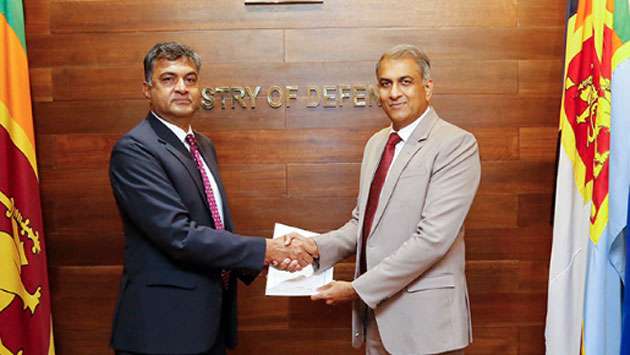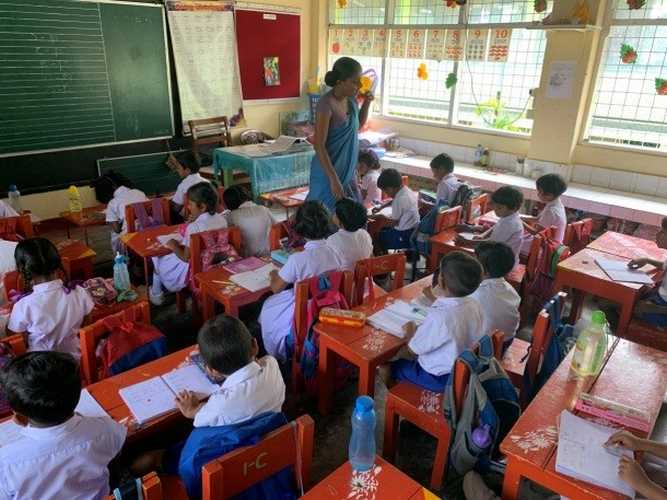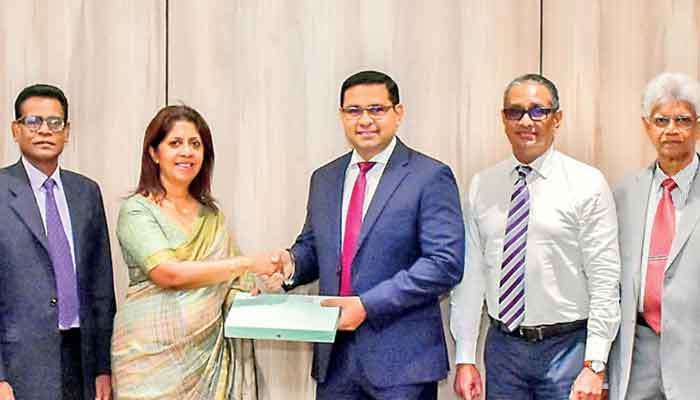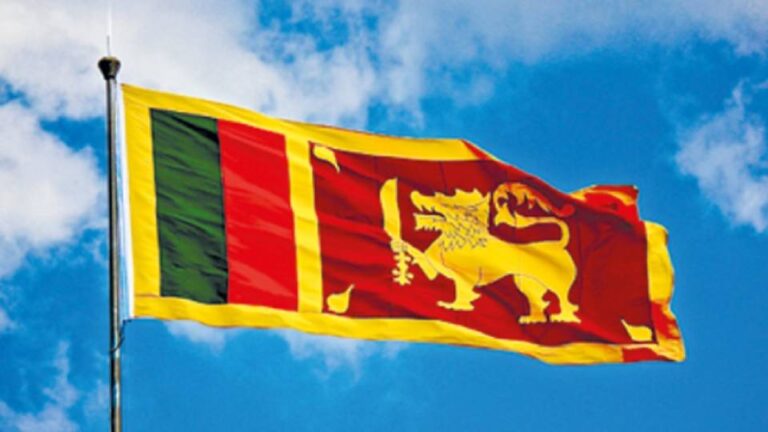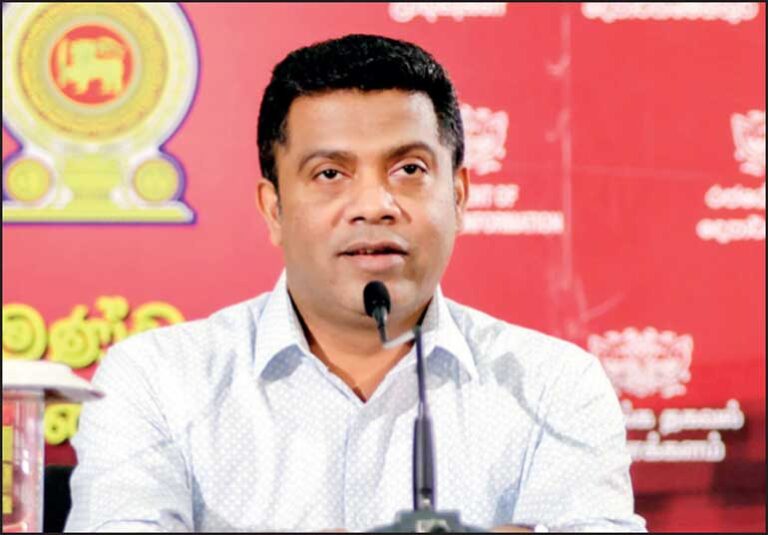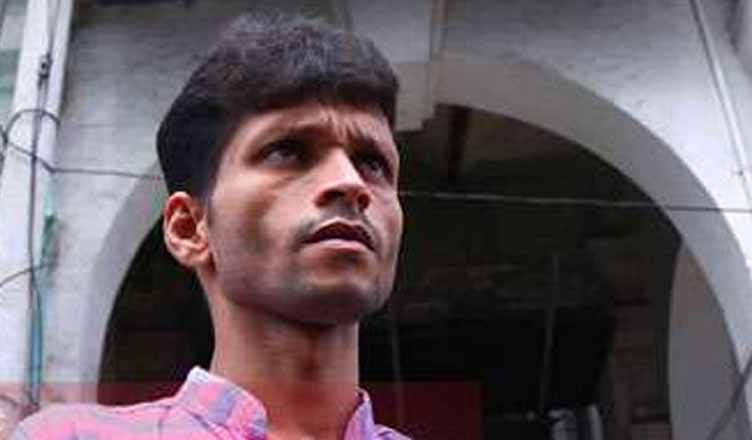January 02, Colombo (LNW): In a move aimed at stabilising the cost of living, the Ministry of Finance, Planning and Economic Development has confirmed that the import duties on 63 essential items, including key foodstuffs, will remain unchanged.
A gazette notification to this effect was issued on December 31, 2024.
The decision to keep the existing import duties in place is designed to prevent any rise in prices for staple goods, such as dhal, white sugar, potatoes, onions (both big and red), coconut oil, vegetable oil, canned fish, and dried chillies.
By maintaining the current duty rates, the government seeks to cushion the impact of potential price hikes on everyday essentials, which are critical for the general population.
In addition to these food items, the Ministry also confirmed that duties on a range of other products, including rice, millet, green gram, maize, turmeric, fruits, fish, and dried fish, will remain at the same levels.
This decision is particularly aimed at safeguarding Sri Lanka’s local agricultural and fisheries industries, as it seeks to provide stability for domestic producers who might otherwise face competition from imported goods.
By prioritising the stability of essential goods, the Ministry aims to help families manage the rising cost of living while encouraging sustainable growth in agriculture and fisheries within Sri Lanka.



